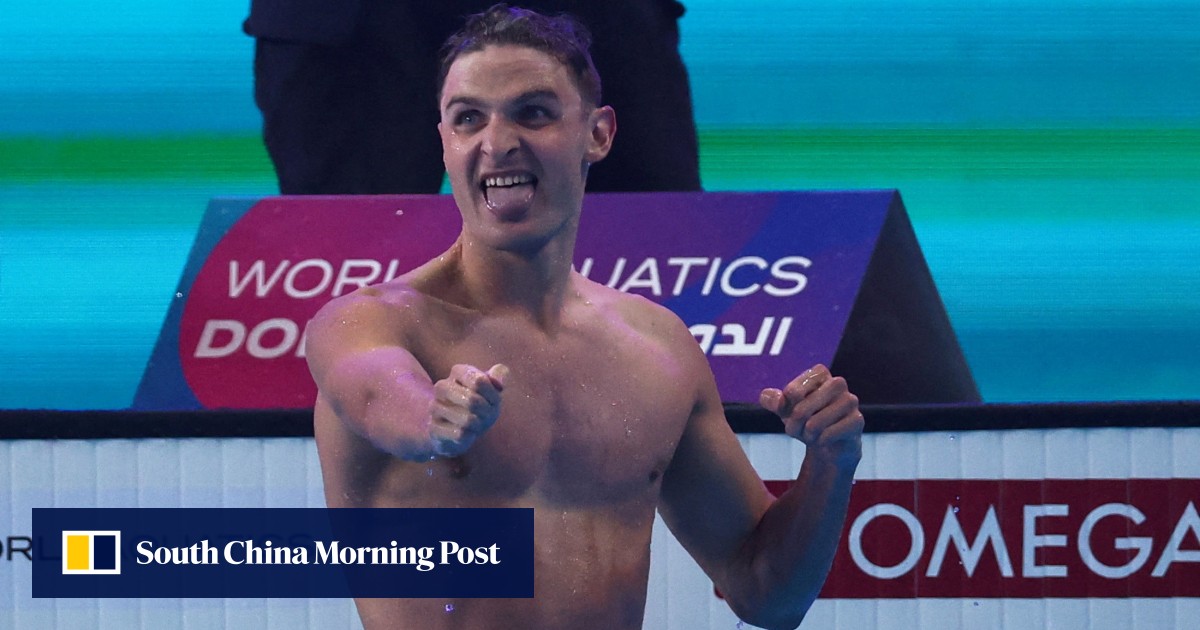


Clareburt said he hoped sport would remain the focus in the pool at the July 26-Aug 11 Olympics.
“It may distract the world and there may be a protest, I’m not too sure, but it definitely does suck that this has come out right before the Olympics because this is distracting people from the actual point of the Olympics,” the 24-year-old said on Wednesday. “We’re here to race and showcase our sport and showcase the world coming together.”
Wada vigorously defended its initial handling of the case and said it had no evidence to question China’s finding that the swimmers were inadvertently contaminated by the drug trimedazidine (TMZ), a heart medication, traces of which were found in the kitchen of their hotel.
While the Wada review may have exonerated the swimmers and China’s anti-doping programme, some athletes might struggle to overcome scepticism, Clareburt said.
“I feel it may have tarnished their reputation. Do we trust that they’re doing their best for us?” he asked. “Maybe some athletes will feel uneasy about how it’s happened.
“If the pending review comes back and shows the processes have been followed as normal then, as athletes, the only thing we can do is trust that.”
Doping-related concerns have previously cast a cloud over major sporting events.
It marred the 2019 swimming world championships in Gwangju, where Australia’s Mack Horton refused to mount a medal podium with Chinese swimmer Sun Yang.
Triple Olympic champion Sun had served a three-month suspension in 2014 for testing positive for TMZ and was banned for eight years in 2020 for another doping offence, halved to four years on appeal.
Clareburt was focused more on being in top shape for his Olympic tilt than the loopholes of the world anti-doping code.
Still, those charged with protecting fair sport could take another look at anti-doping processes, he said, and make all countries come clean about their athletes’ test results regardless of their culpability or innocence.
“From the perspective of a New Zealand athlete who gets tested often, we know that if we come back with a positive, our name is going to be on a website saying that this person has been banned,” he said.
“We all signed up to the same (anti-doping) rules so we should be treated equally and fairly.”